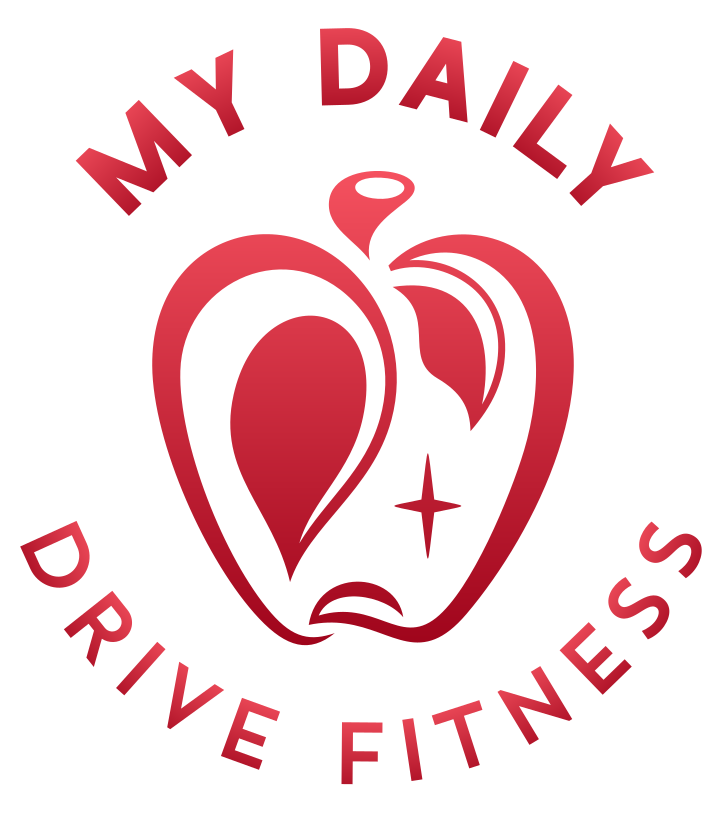When it comes to tackling weight loss, protein is kind of a big deal. You’ve got two major contenders in the protein world: whey and plant-based. They both have their vibes, so knowing what’s what can help steer you right.
Whey protein comes from milk, part of what makes cheese, while plant-based protein is crafted from things like peas, hemp, or brown rice. Each has its own flair. Whey is famous for being quick to digest, making it a go-to for post-workout recovery. On the flip side, plant-based proteins might take a tad longer to digest, which means they could help keep hunger at bay a little better over time.
Peeking at the nutrition labels will reveal some differences. Whey generally packs all the essential amino acids in one punch, which your body loves for muscle repair and building. Plant-based proteins, though, often mix several sources to create a complete profile. It’s like a team effort to match whey’s amino lineup.
If weight loss is the game, the benefits depend on your angle. Whey can help you recover and build lean muscle, which boosts metabolism in the long run. Plant-based proteins might parallel these benefits and come with additional fibers that keep you full longer, keeping those pesky calorie cravings away.
Understanding these basics sets you up to pick what’s right for you. Whether you lean more towards whey or plant-based could depend on how your body reacts, what your lifestyle looks like, and what tastes good to you.
Evaluating Your Personal Needs and Preferences
When choosing between whey and plant-based proteins, what’s in your pantry should fit your lifestyle and body’s needs. Let’s sort through what might tip the scale for one over the other.
Thinking about dietary restrictions is a big one. If you’re lactose intolerant, whey might not be your best friend since it derives from milk. Plant-based options sidestep those dairy woes as they’re naturally dairy-free.
Then there’s digestion to consider. Whey can be pretty fast-acting, which sounds great, but for some, it might mean a bit of stomach upset. Plant-based proteins, especially blends, can be gentler on the belly, making them a better choice if digestion’s been tricky in the past.
Taste and texture matter more than some might admit. Whey tends to mix creamy, while plant proteins could vary from fine to, well, gritty. Trying different brands can help you find what’s easy down the hatch.
Add in factors like convenience and cost. Whey often has the upper hand when it comes to being budget-friendly and widely available. But if you’re committed to a vegan lifestyle or specific gut health needs, the investment in plant-based options might just be worthwhile.
Making an Informed Decision
Picking the right protein isn’t one-size-fits-all, so getting a helping hand from a healthcare or nutrition pro can go a long way. They’ll tailor the advice to your unique health background and weight loss aspirations.
When it comes to smoothly fitting protein into your diet, consider the kind of dietary strategy you’re following. For example, if you’re on a low-carb diet, powders with fewer carbs might be your jam. On a plant-centric diet? Pea or hemp proteins could merge perfectly with your meals.
For many, the secret to sticking with a choice is variety. Mix up how you incorporate protein into your day—smoothies, soups, or sneaking it into your oatmeal. It’s all about keeping things interesting so you stick with it.
And as life rolls on and your goals maybe shift, don’t be afraid to switch things up. Bodies evolve and so can your protein pack. Keep tabs on how your body reacts and feel free to tweak your choice to match new fitness targets or taste buds.
Feeling your best during weight loss is as much about the little adjustments as it is about the big moves. With the right protein pick, you can feel supported all the way.

